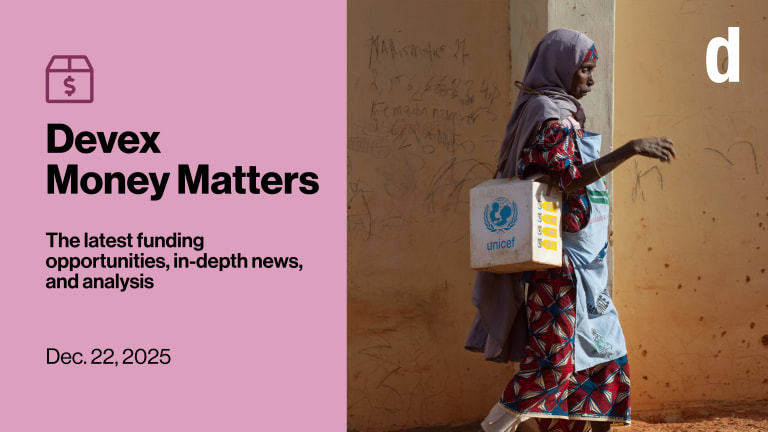The Gates Foundation has signed a three-year, $7.5 million partnership to scale artificial intelligence innovations in Rwanda, on the sidelines of the Global AI Summit on Africa. The summit, convened by the Centre for the Fourth Industrial Revolution and the Rwandan Ministry of ICT & Innovation in collaboration with the World Economic Forum, was held last week in Kigali.
Trevor Mundel, president of global health at the Gates Foundation, and Paula Ingabire, Rwanda’s minister of ICT and innovation, signed a memorandum of understanding to establish the Rwanda Artificial Intelligence Scaling Hub.
The hub will be hosted by the Rwanda Centre for the Fourth Industrial Revolution, or C4IR Rwanda, and will serve as a central platform to identify, develop, and scale high-impact AI solutions that address critical national and regional challenges. It will also be open to participation from other countries in the region. C4IR Rwanda was established in 2020 following an agreement between Rwanda and the World Economic Forum. It is one of 24 such centers globally, aimed at driving “technological innovation for sustainable, inclusive progress.”








